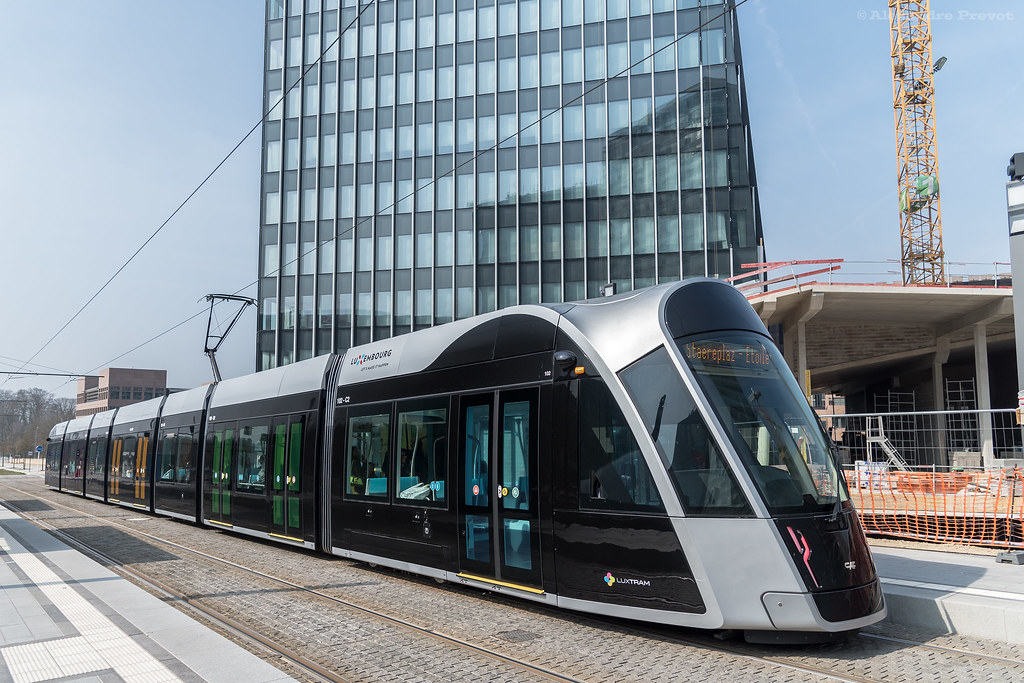Kansas City has recently become the first major city in the United States to offer free public transportation. While smaller cities have implemented the fare-free system in the past, this may be an inspiration for other large cities to follow suit.
With the expansion of urban cities, the use of public transportation has been on a decline. The construction of roads and highways to favor cars were prioritized over funding for public transportation.
In the article “Why Did America Give Up on Mass Transit? (Don’t Blame Cars),” Jonothan English states that “once cars arrived, nearly every U.S. transit agency slashed service to cut costs, instead of improving service to stay competitive. Both of these factors played into less and less people using public transportation.”
“If we could actually build up a culture of bus riding, if we make it easier to do,” said Ashely Locke in an interview with Kansas City Mayor Quinton Lucas. “He states that with Kansas City Mayor Quinton Lucas, he states that if we remove the barriers, then our view was we have both great socioeconomic impact, environmental impact, and we get more riders onto the system as well.”
“Transportation accounts for 29 percent of greenhouse gas emissions in the United States. By moving more people with fewer vehicles, public transportation can reduce greenhouse gas emissions,” according to the United States Department of Transportation.
It may be hard to imagine that people with reliable access to a car would switch to using public transportation even if it was free, but consider those who take Uber or Lyft to work every day. If public transit was made to be fare-free, more people may consider figuring out their bus route which could, in turn, reduce gas emissions since fewer vehicles would be in use.
Related Articles

Around the summer of 2020, Luxembourg is due to become one of the first countries to have fare-free public transportation.
“While the country as a whole has 600,000 inhabitants, nearly 200,000 people living in France, Belgium and Germany cross the border every day to work in Luxembourg,” according to Daniel Boffey of The Guardian,
There have been some opposing views to Luxembourg switching to a fare-free system considering that their public transit is already quite cheap and their real issue of inequality lies in their rising housing costs. Also, those who travel into Luxembourg for work would have paid their fees elsewhere.
Kansas City’s switch to a fare-free system has also been criticized considering that according to the Transit and Mobility Plan for the Kansas City Region, 92% of commuters use a car to get to work, as calculated by Terry Nguyen at Vox.
Whether a fare-free system will actually change the amount of people using public transportation is very much a case-by-case basis. This was pointed out by Nguyen in his statement that “in Dunkirk, France, ridership increased by 85 percent immediately after the initiative was introduced, but in Tallinn, Estonia, it’s only increased by 3% over the five years that free transit has been offered.”
While it’s typically hit or miss in regards to the benefits of fare-free transportation, it is hopeful that certain cities are taking strides to improve the lives of their citizens, even if it means saving them a couple of dollars a day.
Hannah Shafer
Reporter

